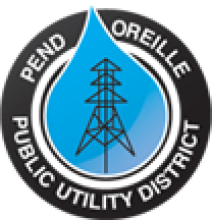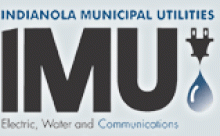In Washington, Pend Orielle Commissioner Makes Case for Retail Authority
In past reporting, we have briefly discussed Pend Orielle PUD’s efforts at filling the broadband service gap in rural areas. People living in rural areas, while possibly needing connectivity more than urbanites, are often left to fend for themselves. In this case, the community was largely passed over by the private sector but took up the challenge to do it themselves. In addition to implementing a pilot program in 2011, they attempted to restore their right to make their own decisions about broadband.
In a commentary posted on the Pend Orielle PUD website, Commissioner Dan Peterson describes the agency’s commitment to their first priority, providing reliable electricity, and how expansion of their fiber network will improve the process of delivery. Yes, there are risks of building a community fiber-optic network, notes Peterson, but is has been done, done well, and will enhance the ability to fulfill that first priority. Additionally, the Commissioner notes that broadband access is something the people of Pend Orielle County need to stay competitive and gain any possible edge:
It increases educational opportunities, economic vitality, property values, and jobs. Our rural county will leap forward in this information age with state-of-the-art infrastructure. Without this gift, such progress is otherwise impossible.
The Pend Orielle PUD received stimulus funds, which it used to expand the network, but are considering the fiscal future of the network and current and future customers. Peterson and the PUD sought legislative changes, SB 6675, that would give the PUD the authority to offer retail services on its network, currently a no-no. In his commentary, Peterson attempted to allay the fears of those he correctly anticipated would be opposed to such authority – the potential competition.





 One of the biggest benefits to the community is the high-capacity connections at schools, libraries, and public buildings. Schools connect to each other at a gigabit, allowing them to centralize network operations and cut costs. The municipal and county governments gain the same benefits.
One of the biggest benefits to the community is the high-capacity connections at schools, libraries, and public buildings. Schools connect to each other at a gigabit, allowing them to centralize network operations and cut costs. The municipal and county governments gain the same benefits.




